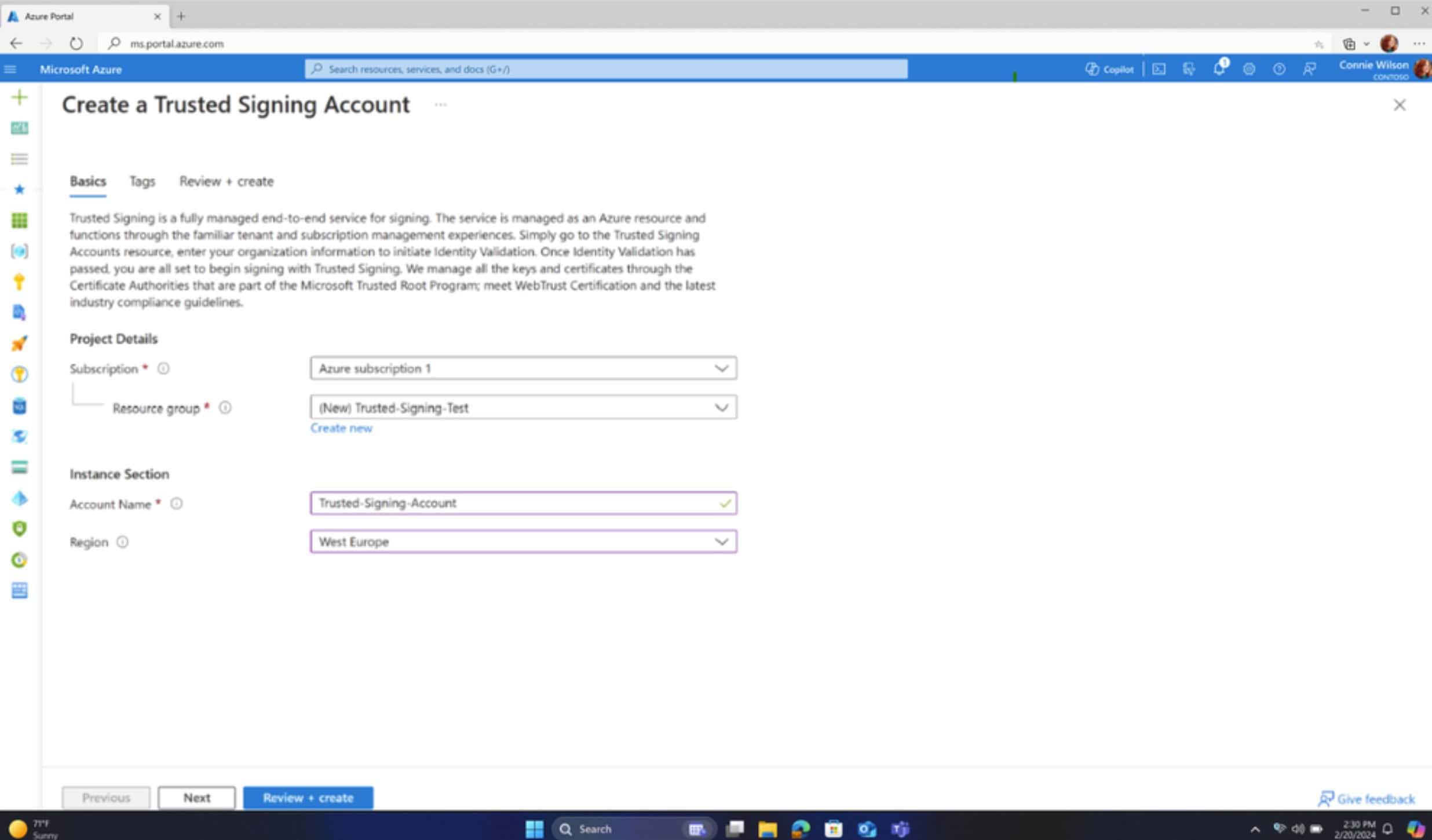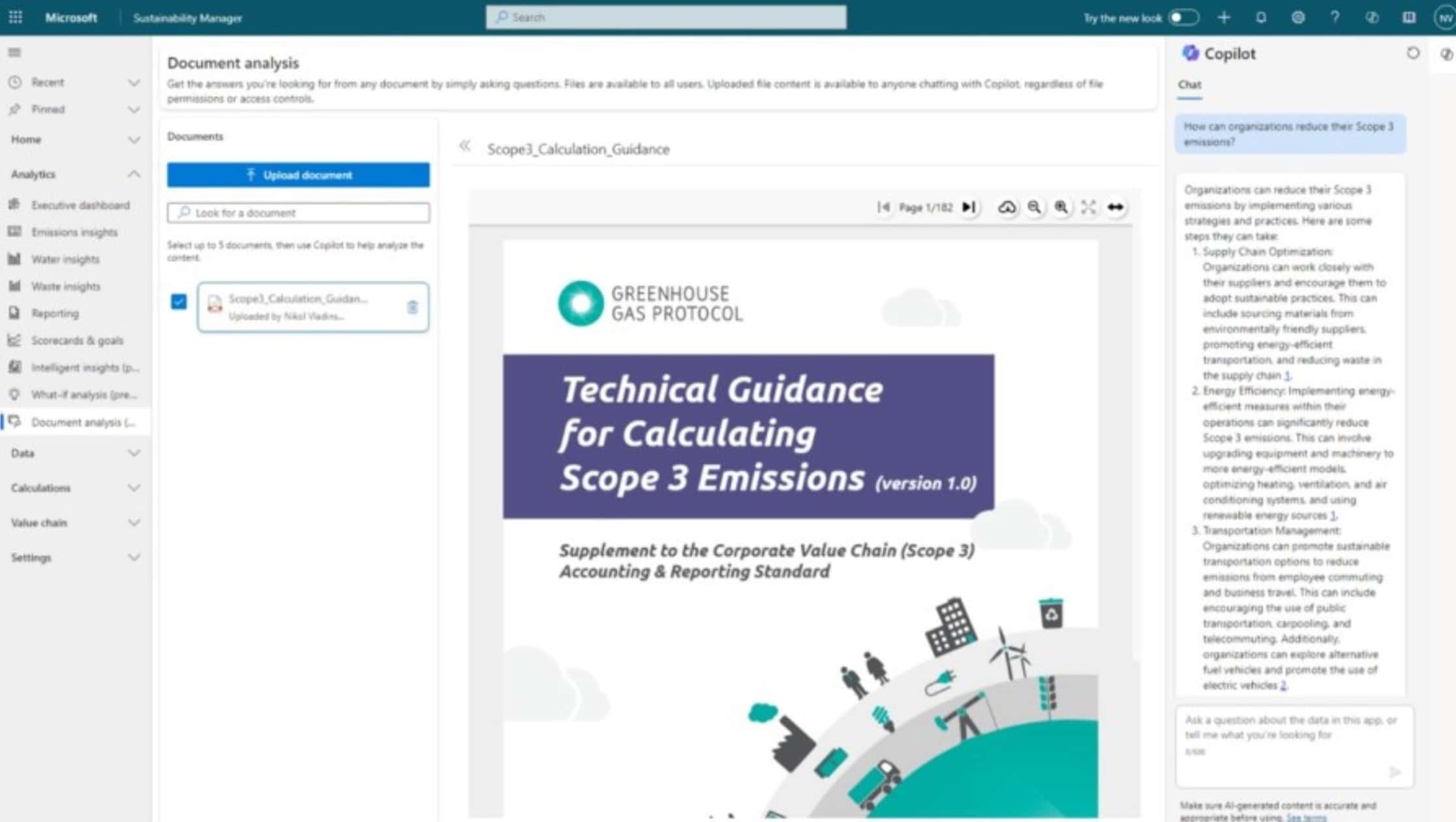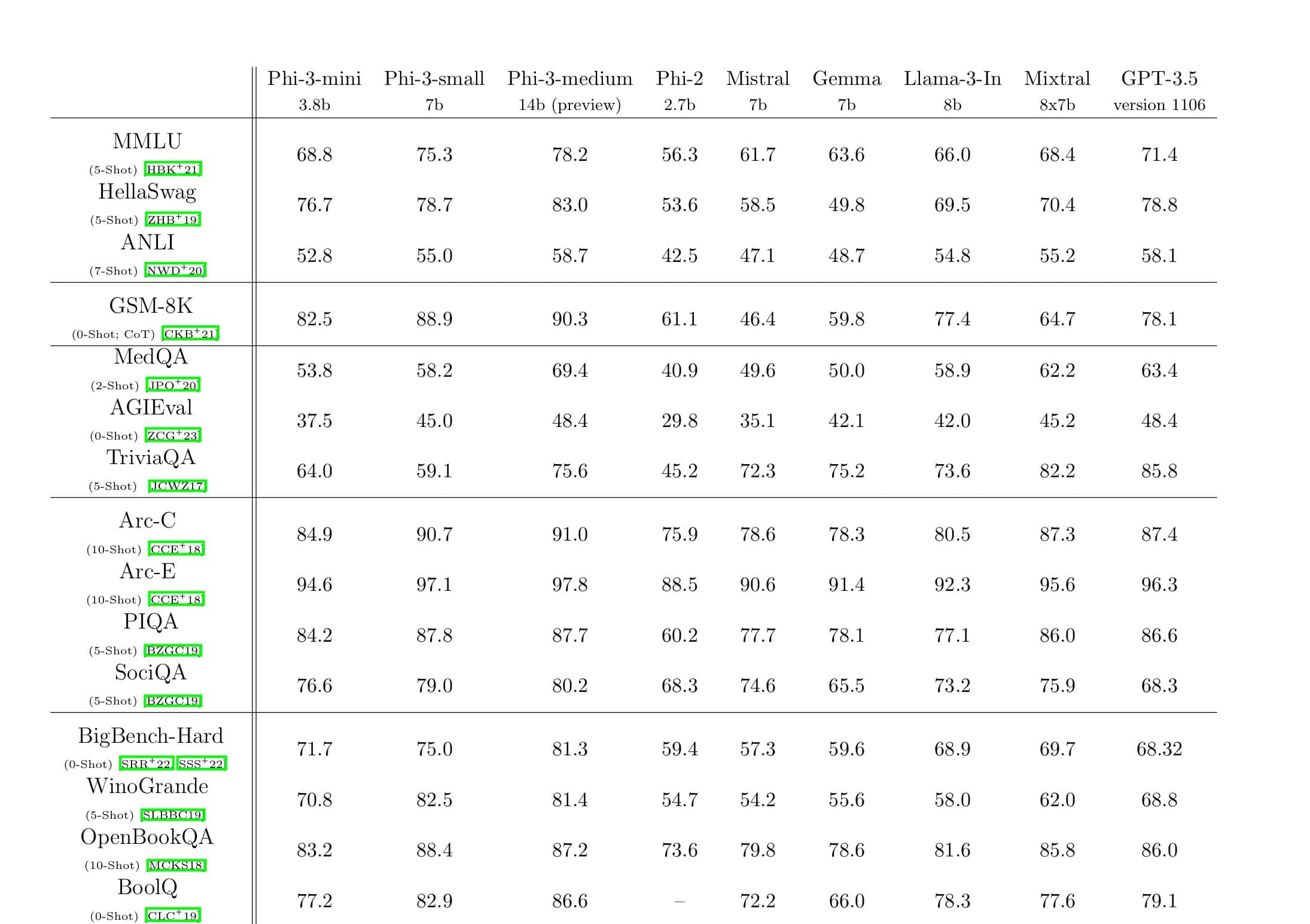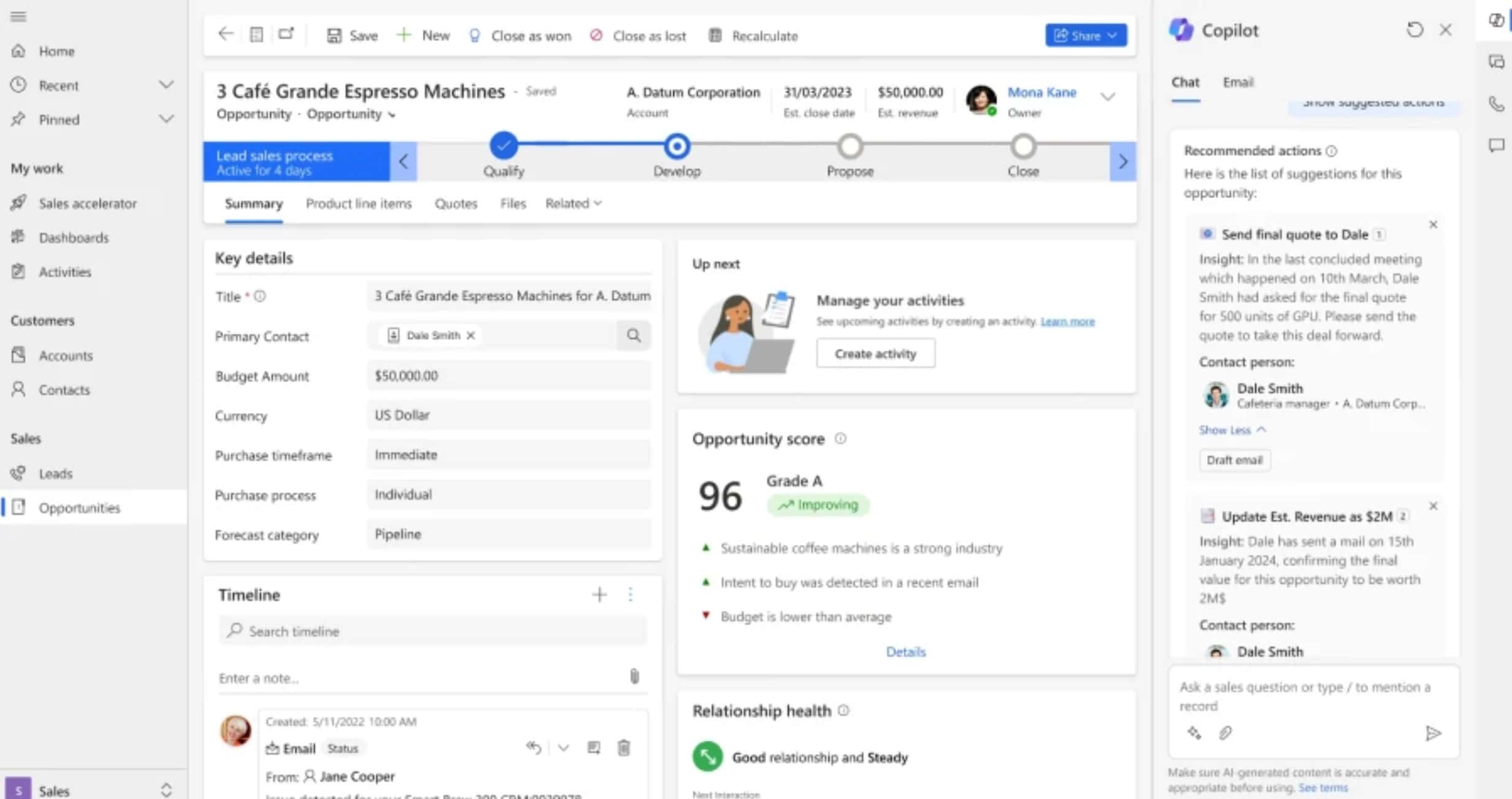Microsoft Announces Project Oxford Featuring Face, Speech And Vision APIs To Make Apps Smarter
2 min. read
Published on
Read our disclosure page to find out how can you help MSPoweruser sustain the editorial team Read more
Microsoft today announced Project Oxford, an evolving portfolio of REST APIs and SDK that will help developers build intelligent apps. Project Oxford is a set of services for understanding data and adding ‘smart’ to your applications. It provides an evolving portfolio of REST APIs and SDKs enabling developers to easily add intelligent services into their solutions to leverage the power of Microsoft’s natural data understanding. Right now, it offers the following APIs,
- Face APIs – Microsoft’s state-of-the-art cloud-based face algorithms to detect and recognize human faces in images. Your mobile and PC Apps will be powered with face capabilities.
- Vision APIs – The Vision APIs are a collection of state-of-the-art image processing algorithms designed to return information based on the visual content, and to generate your ideal thumbnail. With this API, you can choose which visual features you want to extract that best suit your needs.
- Speech APIs – Speech APIs provide state-of-the-art algorithms to process spoken language. With these APIs, developers can easily include the ability to add speech driven actions to their applications. In certain cases, the APIs also allow for real-time interaction with the user as well.
- Language Understanding Intelligent Service -Language Understanding Intelligent Service (LUIS) offers a fast and effective way of adding language understanding to applications. With LUIS, you can use pre-existing, world-class, pre-built models whenever they suit your purposes -and when you need specialized models, LUIS guides you through the process of quickly building them.
Find all the details about these APIs at https://www.projectoxford.ai/#.









